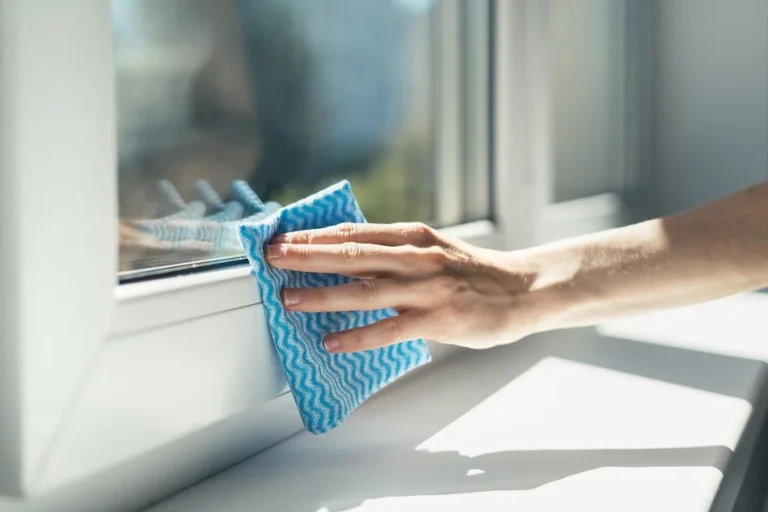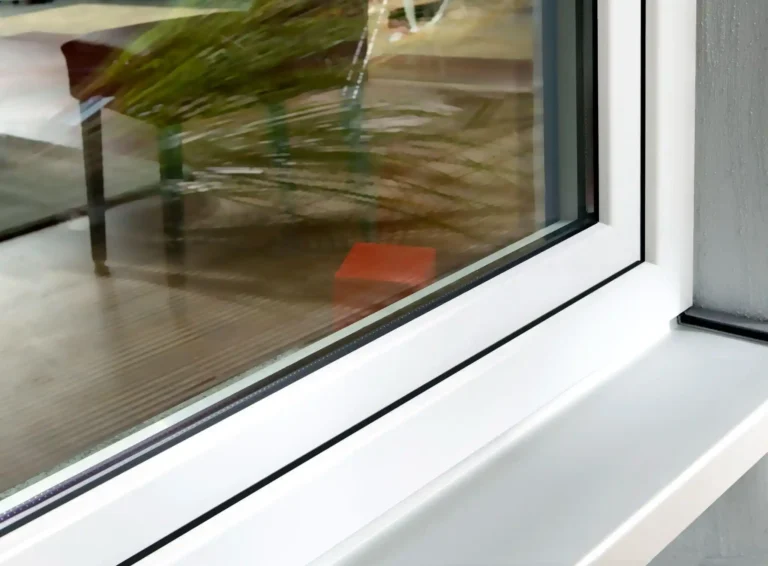When Is the Best Time to Replace Windows?
Replacing windows is a significant investment, but choosing the right time for a window replacement project can help you get the best results while saving on energy costs and installation expenses. Whether you’re dealing with drafty windows, rising heating and cooling costs, or simply outdated window frames, knowing when to schedule a window replacement can make all the difference. So, when is the best time to replace windows? Let’s break it down.
Signs It’s Time to Replace Your Windows

Not sure if your windows are due for a replacement? Here are key warning signs that it’s time for an upgrade:
- Drafts and air leaks: If cold air sneaks in during winter or hot air floods in during summer, your windows aren’t insulating properly.
- Higher energy bills: Older windows leak heat, forcing your HVAC system to work overtime.
- Condensation between panes: Foggy windows with trapped moisture mean the seals have failed, reducing efficiency.
- Difficult operation: If your windows are hard to open, close, or lock, they’re likely warped or have worn-out hardware.
- Visible damage: Cracked glass, rotting frames, or peeling seals mean insulation is compromised.
If any of these issues sound familiar, new energy-efficient windows will help seal out drafts, cut energy costs, and improve comfort. But when should you schedule the installation?
What’s the Best Season for Window Replacement?
The timing of your window replacement can impact installation efficiency, costs, and overall results. Whether you’re aiming for faster service, lower prices, or ideal weather conditions, choosing the right season can make a big difference. Here’s what to consider for each time of year.
Spring and Summer: Peak Season for Window Replacements
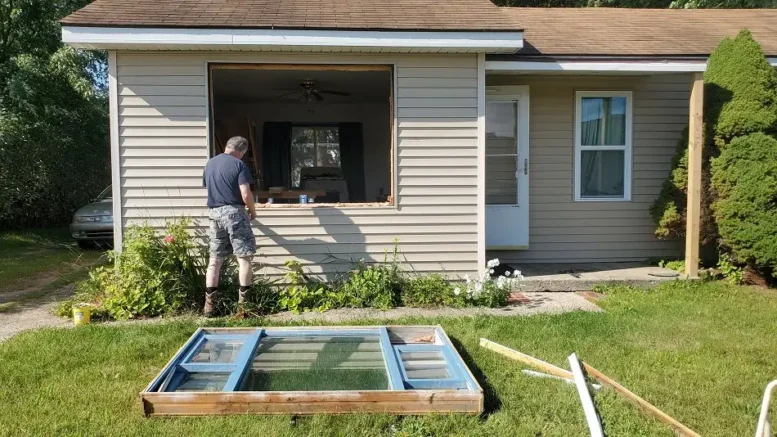
Spring and summer are the busiest times for window installations. The longer daylight hours and mild temperatures make the process faster and more efficient. Replacing your windows before the summer heat sets in can also improve energy efficiency and help lower cooling costs.
However, since many homeowners choose to replace windows in these months, demand is high. That means limited installer availability and potentially higher costs due to peak-season pricing. If you’re planning a spring or summer replacement, scheduling in advance is recommended.
Fall: The Sweet Spot for Window Replacement
For those looking to get the best balance of price, availability, and weather conditions, fall is often the ideal time for window replacement. Upgrading your windows before winter arrives helps prevent heat loss, reduce drafts, and improve insulation when temperatures drop.
Many window companies also offer seasonal promotions in the fall, making it a cost-effective time to invest in new windows. Since demand isn’t as high as in spring and summer, scheduling is typically more flexible with shorter wait times.
Winter: Off-Season Savings, but with Some Challenges
If you’re looking to get the best price on new windows, winter can be an excellent time to buy. With fewer homeowners scheduling installations, many companies offer discounts and faster service.
However, installing windows in cold weather has some drawbacks. Low temperatures can slow the curing process for caulk and sealants, and brief exposure to cold air during installation might be uncomfortable. That said, if your windows are in poor condition, waiting until spring might not be an option — especially if they’re causing major energy loss.
Factors That Affect the Best Time to Replace Windows
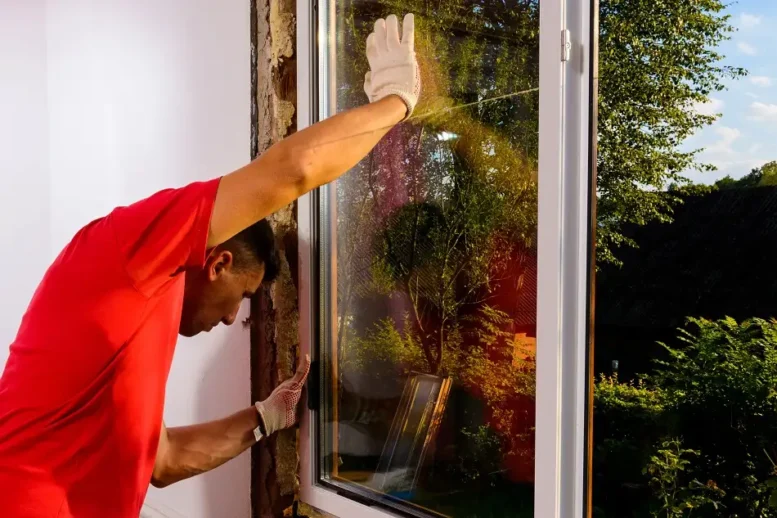
Beyond seasonal factors, several other considerations can influence the best time for a window replacement project.
Your Home’s Condition
If your windows are cracked, leaking, or significantly impacting energy efficiency, waiting for the “perfect” season isn’t practical. Addressing the issue sooner rather than later can prevent higher energy bills and further structural damage.
Energy Efficiency Needs
If your heating and cooling costs are too high, replacing outdated single-pane windows with double or triple glazing can significantly improve year-round insulation and cut energy waste.
Availability of Installers
Peak seasons (spring and summer) can mean longer wait times, while off-season replacements (fall and winter) can give you access to more flexible scheduling and discounts.
Why High-Quality Replacement Windows Matter
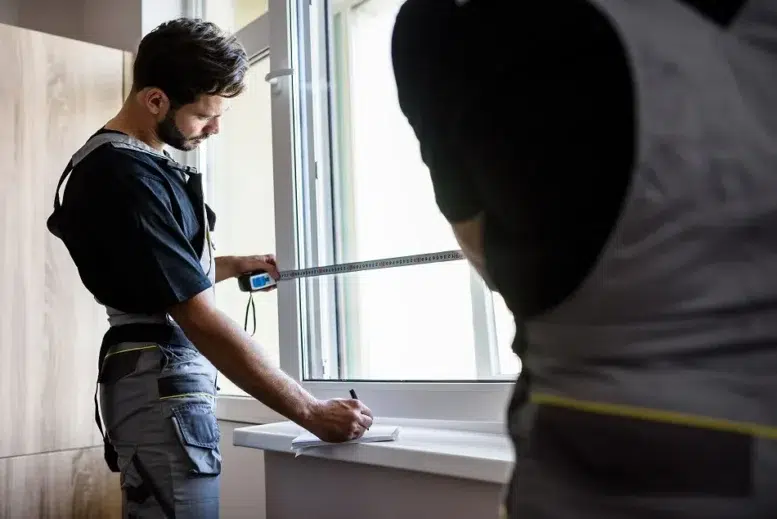
When choosing replacement windows, it’s important to invest in quality. The right window frame and energy-efficient glass can make a huge difference in your home’s comfort, energy bills, and overall value.
Energy-Efficient Frames
One of the most important factors in window performance is the frame material. uPVC frames, like those in GEALAN’s window systems, provide superior insulation, durability, and weather resistance. Unlike wooden frames, which can rot over time, or aluminum frames, which conduct heat and reduce insulation, uPVC offers long-term energy savings with minimal maintenance. This makes it one of the best choices for homeowners who want durability without the upkeep.
Multi-Pane Glass for Better Insulation
Glass plays a crucial role in energy efficiency. Double-pane and triple-pane windows create an airtight seal that improves insulation, trapping warm air in winter and blocking excess heat in summer. Multi-pane designs also enhance soundproofing, making your home quieter while maintaining a consistent indoor temperature. For even better efficiency, homeowners can opt for low-E coatings and insulating gas fills, which further reduce heat transfer and help keep energy costs down year-round.
Table of Contents
Upgrade to GEALAN Windows for Lasting Comfort
The best time to replace windows depends on your needs and your home’s condition. While spring and summer are the busiest seasons for window replacement, fall offers the best balance of cost and convenience. However, if your windows are causing high energy bills or serious drafts, don’t wait — investing in energy-efficient windows now can save you money and improve your home’s comfort all year round.
GEALAN’s German-engineered window systems provide superior insulation, soundproofing, and modern design, ensuring your home stays comfortable and efficient no matter the season. Contact us to find a local installer today and experience the GEALAN difference!
FAQs
What time of year is best to replace windows?
Fall is often the best time to replace windows due to moderate temperatures and lower demand. However, if your windows are damaged or inefficient, it’s best to replace them as soon as possible.
Is it cheaper to replace windows in the winter?
Yes — winter replacements often come with discounts and faster scheduling due to lower demand.
How long does window replacement take?
Most window installations take one to two days, depending on how many windows need to be replaced and the complexity of the job.
Will replacing my windows lower my energy bills?
Absolutely! Energy-efficient windows reduce air leaks, improve insulation, and help cut heating and cooling costs over time.
What is the best type of window for energy efficiency?
Double or triple-pane windows with low-E glass and uPVC frames provide the best energy savings by preventing heat gain in summer and heat loss in winter.

